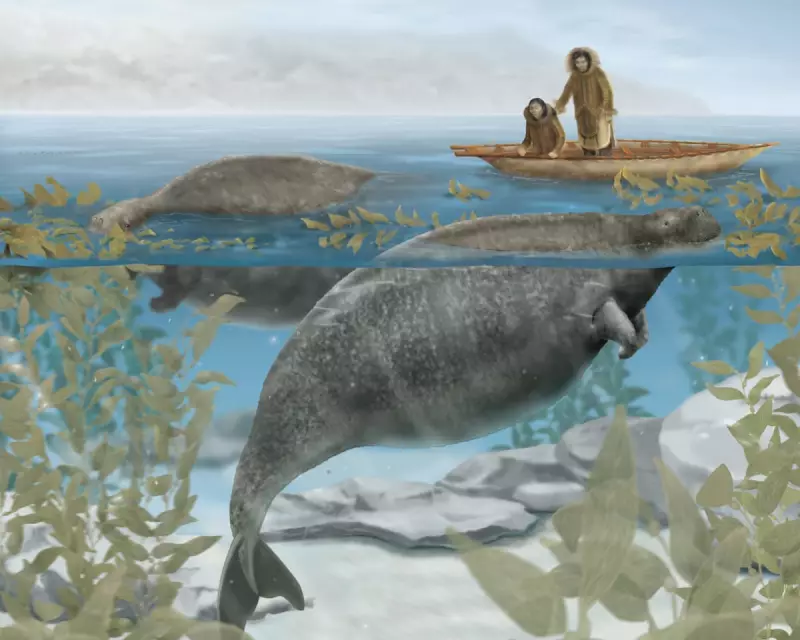
In the icy waters of the Bering Sea, a gentle giant once roamed - the Steller's sea cow. Measuring up to nine metres long and weighing over ten tonnes, this magnificent marine mammal was discovered by European explorers in 1741, only to be hunted into oblivion just 27 years later.
Finnish author Iida Turpeinen brings this tragic chapter of natural history to life in her compelling new novel, Beasts of the Sea, weaving a narrative that serves as both historical fiction and environmental warning.
The Brief Life of a Marine Marvel
When German naturalist Georg Steller first documented the species during Vitus Bering's ill-fated expedition, he described creatures of remarkable gentleness and social nature. These herbivorous giants lived in family groups, their dark, seal-like skin contrasting with whitish patches on their bellies.
Turpeinen's research reveals the heartbreaking details of their rapid demise:
- Their trusting nature made them easy targets for hunters
- Their slow reproduction rate couldn't compensate for the slaughter
- Their blubber and meat proved too valuable for sailors and fur traders to resist
A Novel That Speaks to Our Times
Turpeinen masterfully blends historical fact with imaginative reconstruction, creating what she describes as "a ghost story about an animal we'll never see again." The novel doesn't just recount the sea cow's extinction but explores the human psychology behind such destructive behaviour.
"We're still making the same mistakes today," Turpeinen notes in her research. "The sea cow stands as an eternal reminder of how quickly we can destroy what nature took millennia to create."
Lessons from the Deep
The Steller's sea cow's story represents one of the most rapid human-driven extinctions in history. Their fate serves as a crucial case study for modern conservation efforts, demonstrating how vulnerable even the largest species can be to human exploitation.
As Turpeinen's novel gains international attention, it sparks important conversations about:
- The ethical responsibility we bear towards other species
- The importance of learning from historical ecological mistakes
- The power of literature to resurrect lost worlds and inspire change
Beasts of the Sea stands as both a memorial to a lost species and a call to action, reminding readers that every extinction diminishes our world in ways we cannot reclaim.





